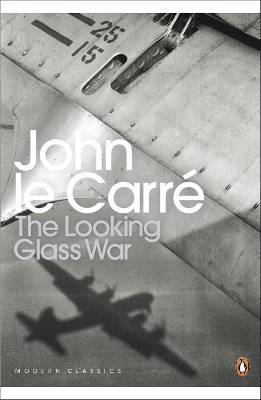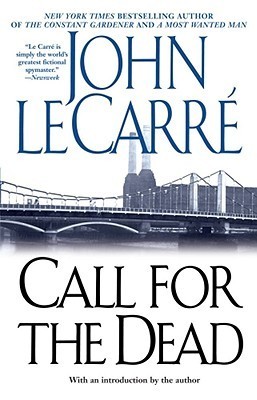
The Russia House
Book Description
Torn between loyalty and truth, a British publisher finds himself ensnared in the web of Cold War espionage, where every whispered secret holds the weight of nations. Set against the backdrop of a crumbling Soviet Union, this gripping tale of betrayal and intrigue pulls him into a dangerous game played by spies and double agents. As he navigates treacherous alliances and unraveling relationships, the stakes soar higher with each turn. Can one man's conscience illuminate the darkest corners of a power-hungry world, or will it cost him everything he holds dear? Will the truth set him free, or ensnare him further?
Quick Book Summary
"The Russia House" by John le Carré is a masterful espionage thriller set at the twilight of the Soviet Union. The story follows Barley Blair, a British publisher with a penchant for jazz and a disillusioned view of the world, who is unwittingly thrust into the world of international intrigue after being asked to deliver a manuscript from a mysterious Russian scientist. The manuscript promises revelations about Soviet nuclear capabilities, drawing the attention of British and American intelligence. As Barley becomes entangled with clandestine agencies and forms a complicated romance with the Russian intermediary, Katya, he is forced to confront his own morals, the ambiguity of truth, and the price of loyalty. The novel explores the morality of spying, the collapse of old orders, and the resilience of love amid deception, ultimately questioning whether truth can survive in a world built on secrets and lies.
Summary of Key Ideas
Table of Contents
Moral Ambiguity and the Nature of Truth
At its heart, "The Russia House" is a story about the accidental spy, Barley Blair, an affable British publisher whose life takes a dramatic turn after a chance meeting at a Moscow book fair. When a Russian scientist, using Katya, entrusts him with a secret manuscript, Barley unwittingly becomes the nexus between the West and the crumbling Soviet state. The manuscript is purported to hold key information regarding the Soviet Union’s nuclear capabilities, attracting the attention of British and American intelligence services who see an opportunity to glean essential secrets from the enemy.
Love and Human Connection Amid Conspiracy
Blair is neither a trained agent nor an ideologue; his journey through the labyrinth of Cold War espionage is marked by moral uncertainty and existential self-doubt. He is manipulated by both his own government and foreign services, all eager to use him as a pawn for geopolitical advantage. As the web of deception tightens, Barley's growing relationship with Katya, the Russian intermediary, becomes a fulcrum for his moral choices. Their connection is genuine yet imperiled by the machinations of forces much larger and more ruthless.
The Collapse of Ideologies in the Cold War
Love, trust, and loyalty emerge as central themes as Barley and Katya develop a bond amidst the ever-present threat of betrayal. Their relationship offers both vulnerability and strength in a context that is designed to erode both. As they navigate secret meetings and coded messages, Barley is forced to define where his true allegiance lies – with his handlers, his country, or the woman he has come to love. The novel powerfully contrasts personal intimacy with the cold calculus of states and agencies.
The Manipulation of the Individual by State Power
The narrative is set against the backdrop of a Soviet Union poised on the brink of profound change, highlighting the uncertainty and instability of the era. Le Carré uses this setting to explore the demise of grand ideologies and how ordinary individuals are swept up and sometimes crushed by the relentless gears of history. As Barley navigates shifting loyalties and double agents, the line between friend and foe becomes dangerously blurred.
The Fragility of Trust in Espionage
Ultimately, "The Russia House" questions whether truth and integrity can survive within a system constructed on lies and manipulation. Barley’s journey is emblematic of the struggle to maintain personal conscience in a climate of surveillance, suspicion, and betrayal. The conclusion is ambiguous, reflecting the reality that in the world of espionage, happy endings are rare and the cost of choosing truth over loyalty can be unbearably high.
Download This Summary
Get a free PDF of this summary instantly — no email required.





